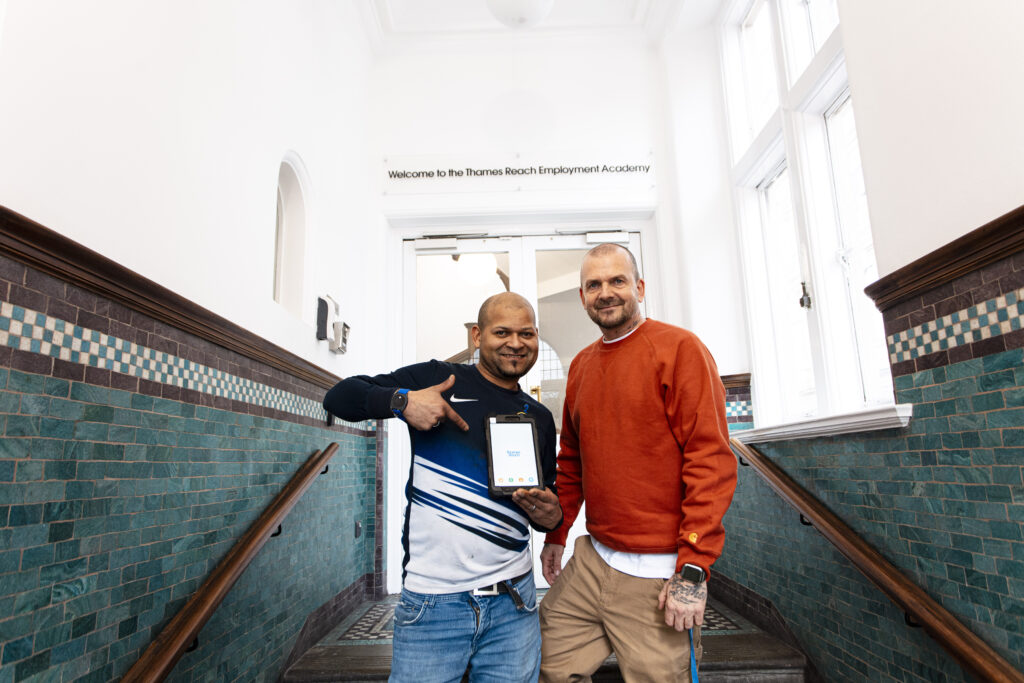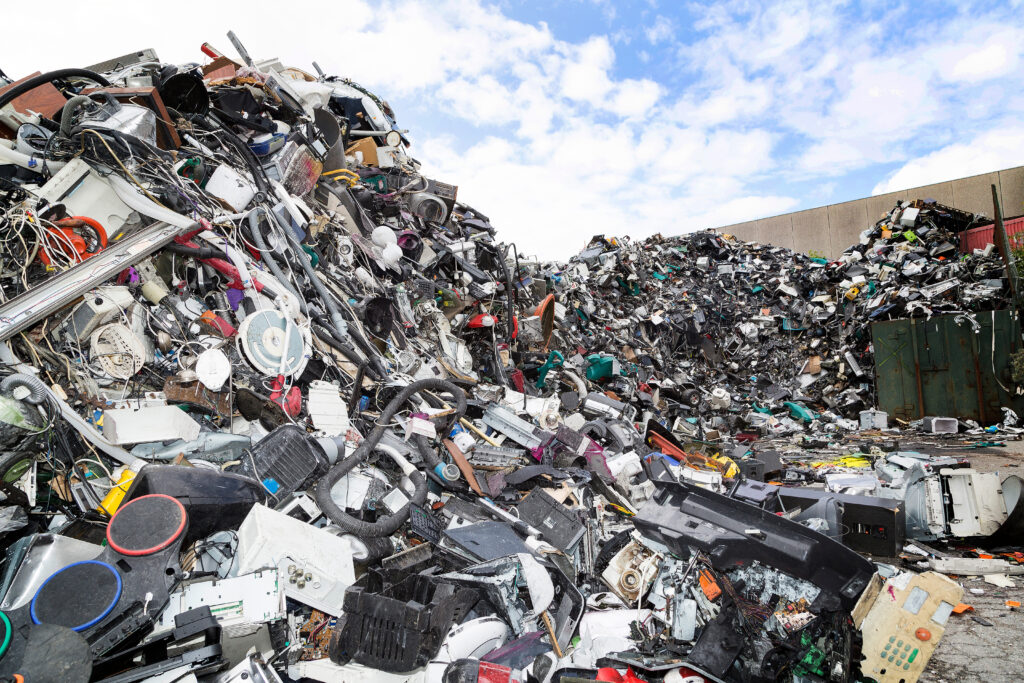The fee is an alternative mechanism used by compliance schemes and obligated business if they have insufficient recycling evidence to meet their WEEE collection targets for the year.
A methodology proposed by the JTA, a group of product-focused trade associations which work on policy issues around producer responsibility, has been used to determine the fee in five consecutive years (see letsrecycle.com story).
In 2022, as in previous years, accountancy firm Mazars will administer the fee mechanism.
Frank Thomas, the JTA’s chair, said his association was “very pleased” to have been selected to operate the compliance fee and looked forward to continuing its work with the department for the environment, food and rural affairs (Defra), not-for-profit organisation Material Focus and the wider sector to make it a success.
He added: “The JTA proposed two alternative methodologies, one of which included an adjustment to reflect the impact of the ongoing cost of living crisis on WEEE collections.
“The JTA preferred this option, because it would have reduced the financial burden on consumers where collections fell below target due to circumstances beyond the control of producers.
“However, the JTA considers the chosen methodology, which is the same as that operated for 2021, remains robust and continues to best meet the requirements of the compliance fee.”
Cost of living
As Mr Thomas mentioned, the JTA’s proposal contained the option of a ‘cost-of-living-focused methodology’ that ensured producers “only finance WEEE that actually arises”. However, Defra decided not to pursue it.
The ‘business as usual’ approach remains an effective way to meet Defra requirements
– Craig Melson, associate director for climate, environment and sustainability at techUK
Craig Melson is associate director for climate, environment and sustainability at techUK, a trade association for the information and communication technology and consumer electronics sectors and one of the 10 organisations making up the JTA.
Mr Melson told letsrecycle.com: “techUK is delighted that Defra has opted for the JTA methodology and will work with partners and stakeholders across the WEEE system to implement it.
“While we would have preferred it if Defra selected the proposed cost-of-living escalator, the ‘business as usual’ approach remains an effective way to meet Defra requirements.”
Consultation
Defra once again preferred the JTA’s proposal to one submitted by compliance scheme Valpak.
The department consulted on the proposals between October and November last year. The department published the outcome on 3 February, noting it received 24 responses from producers, compliance schemes, trade associations and local authorities.
In a statement, Defra said: “There was strong support for a compliance fee across the industry. All respondents supported the adoption of a compliance fee.”
The compliance fee system has its critics, many of whom consider paying it a ‘soft option’ compared to buying evidence from WEEE recyclers.
Fifteen respondents preferred the JTA’s proposal, Defra says, while three recommended Valpak’s. Six respondents declined to comment on their preferred methodology.
Valpak’s proposal included an escalator that placed a premium on reuse evidence.












Subscribe for free